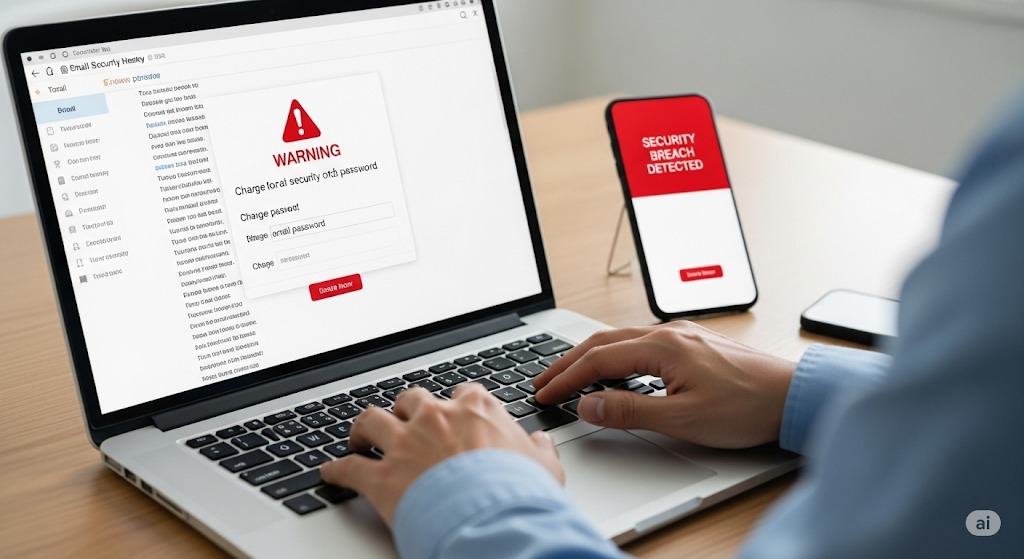Introduction
Worried your email might be hacked? You’re not alone. In 2025, email hacking remains one of the top ways cybercriminals steal your data, money, and identity.
Here’s how to check if your email is hacked and exactly what you need to do next to protect yourself.
1. Signs Your Email Might Be Hacked
Look out for:
-
Password no longer working.
-
Unknown emails in your “Sent” folder.
-
Contacts reporting spam from your address.
-
Security alerts from your email provider.
-
Unexpected password reset emails.
If you notice any of these, it’s time to act fast.
2. Check if Your Email is in a Data Breach
Use tools like:
-
Have I Been Pwned (https://haveibeenpwned.com/)
-
Firefox Monitor (https://monitor.firefox.com/)
Enter your email to see if it’s part of a known breach.
3. Change Your Password Immediately
If you suspect a hack:
-
Create a strong, unique password (use a mix of letters, numbers, and symbols).
-
Avoid reusing old passwords.
-
Use a password manager like Bitwarden or 1Password to generate and store passwords securely.
4. Enable Two-Factor Authentication (2FA)
2FA adds an extra security layer by requiring a code sent to your phone or generated via an app (like Google Authenticator) whenever you log in.
Even if hackers get your password, 2FA helps keep them out.
5. Check Recovery Information
Ensure your recovery phone number and backup email haven’t been changed by the hacker. If they have, update them immediately to regain control.
6. Scan Your Devices for Malware
Run a full system scan using trusted antivirus and anti-malware tools to ensure there’s no keylogger or malware stealing your login details.
7. Notify Your Contacts
If your email was sending spam, let your contacts know not to click suspicious links and that your account is now secure.
8. Monitor Financial and Other Linked Accounts
If your email is hacked, attackers may attempt to access:
-
Online banking
-
Shopping accounts
-
Social media accounts
Enable 2FA and change passwords on these accounts as a precaution.
FAQs
Q: Should I delete my hacked email account?
A: If you regain control, changing your password and enabling 2FA is sufficient. Delete only if you no longer need the account.
Q: How can I prevent future hacks?
A: Use strong, unique passwords, enable 2FA, avoid clicking suspicious links, and regularly review your account activity.
Q: Is using a password manager safe?
A: Yes, password managers use strong encryption to securely store your passwords.
Final Thoughts
Email is the gateway to your online life. By learning how to spot hacks, acting quickly, and securing your accounts with strong passwords and 2FA, you can protect yourself from identity theft and financial loss.
Have you checked if your email has been in a data breach recently? Share your experience below to help others stay vigilant!

